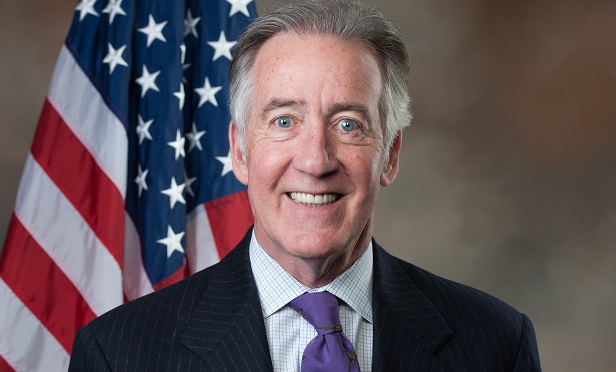

NOT FOR REPRINT
In Policy Shift, Life Insurers Back Mandatory Retirement Plans
March 12, 2019 at 03:38 PM
Share & Print

NOT FOR REPRINT
© 2025 ALM Global, LLC, All Rights Reserved. Request academic re-use from www.copyright.com. All other uses, submit a request to [email protected]. For more information visit Asset & Logo Licensing.


